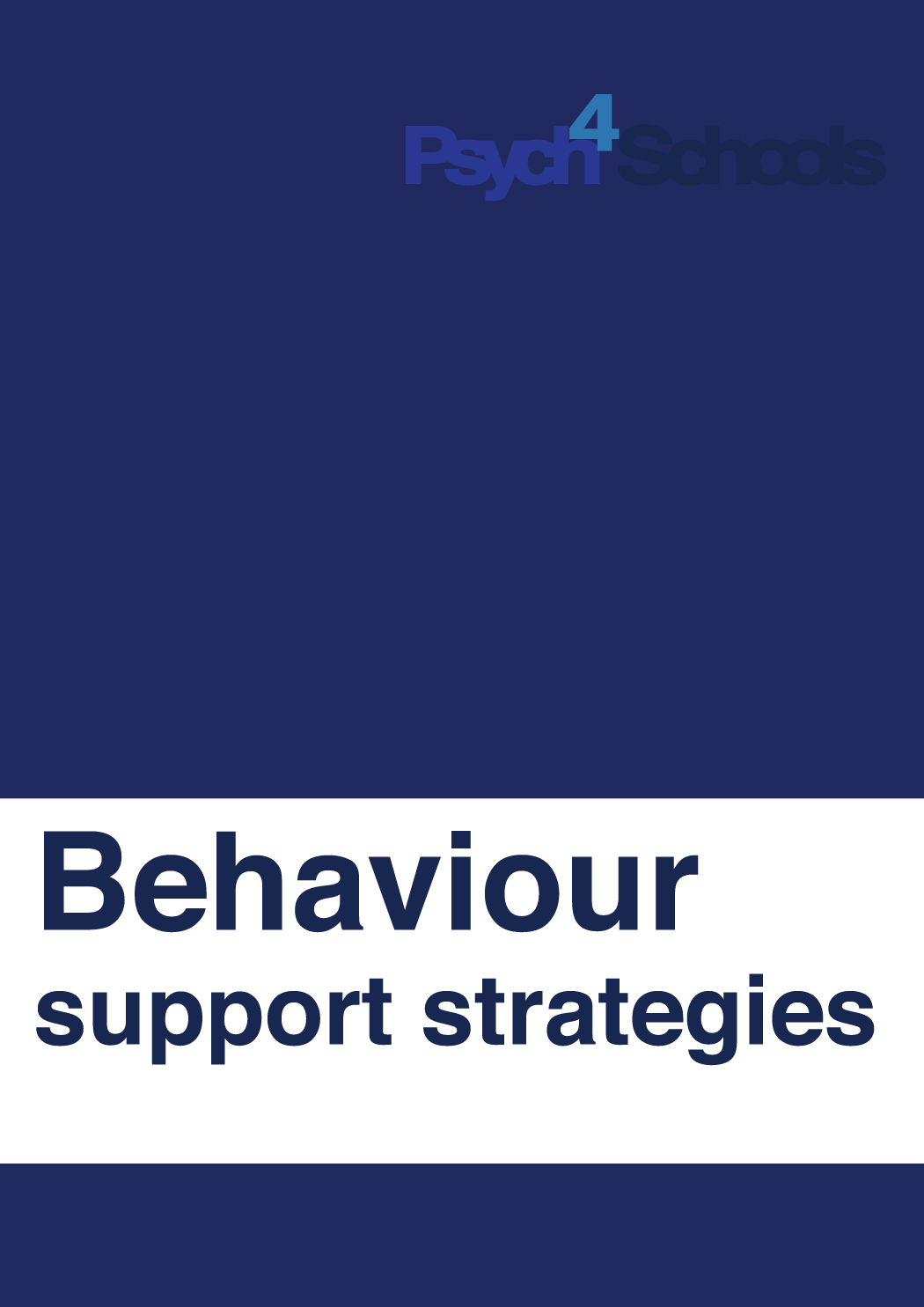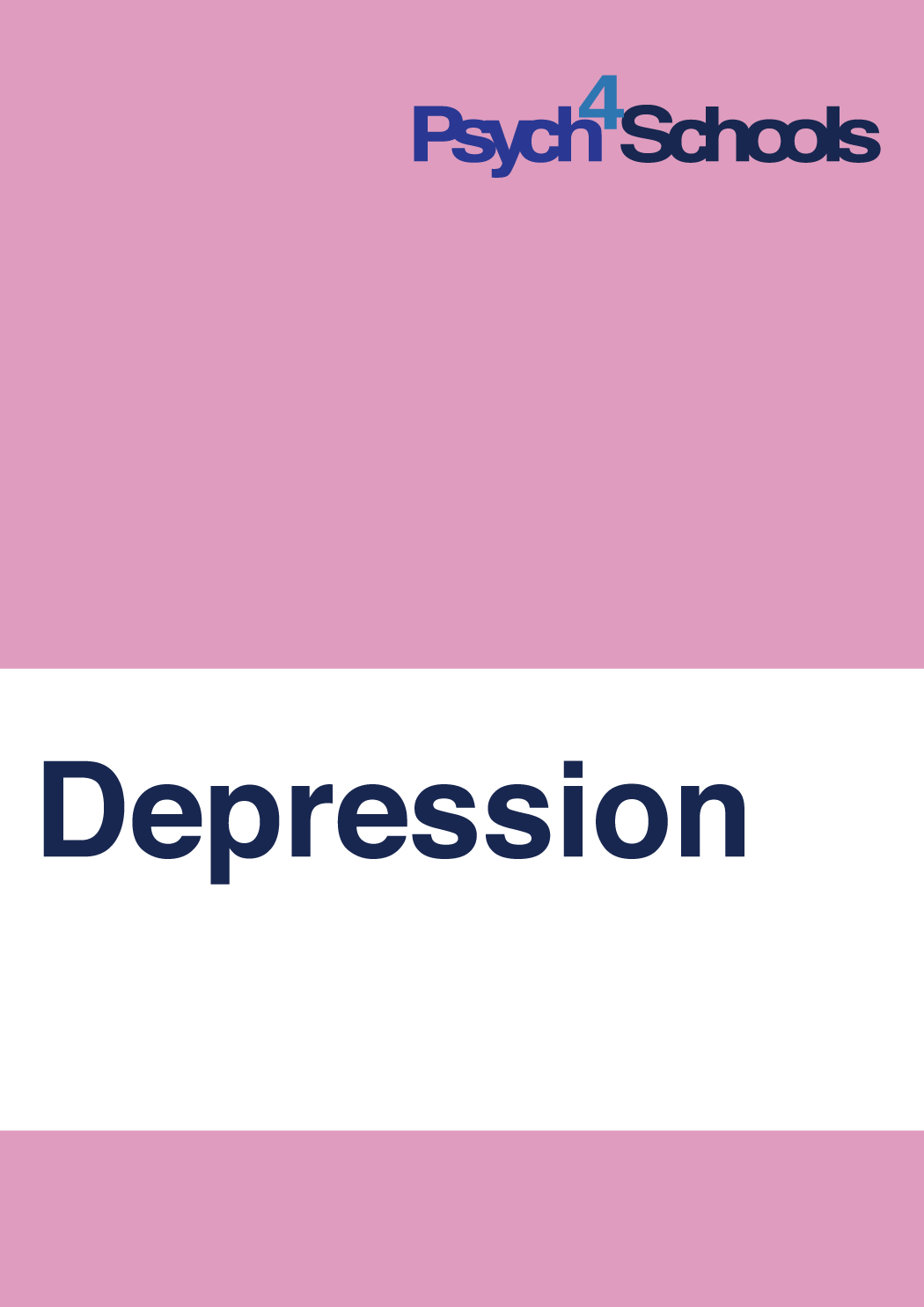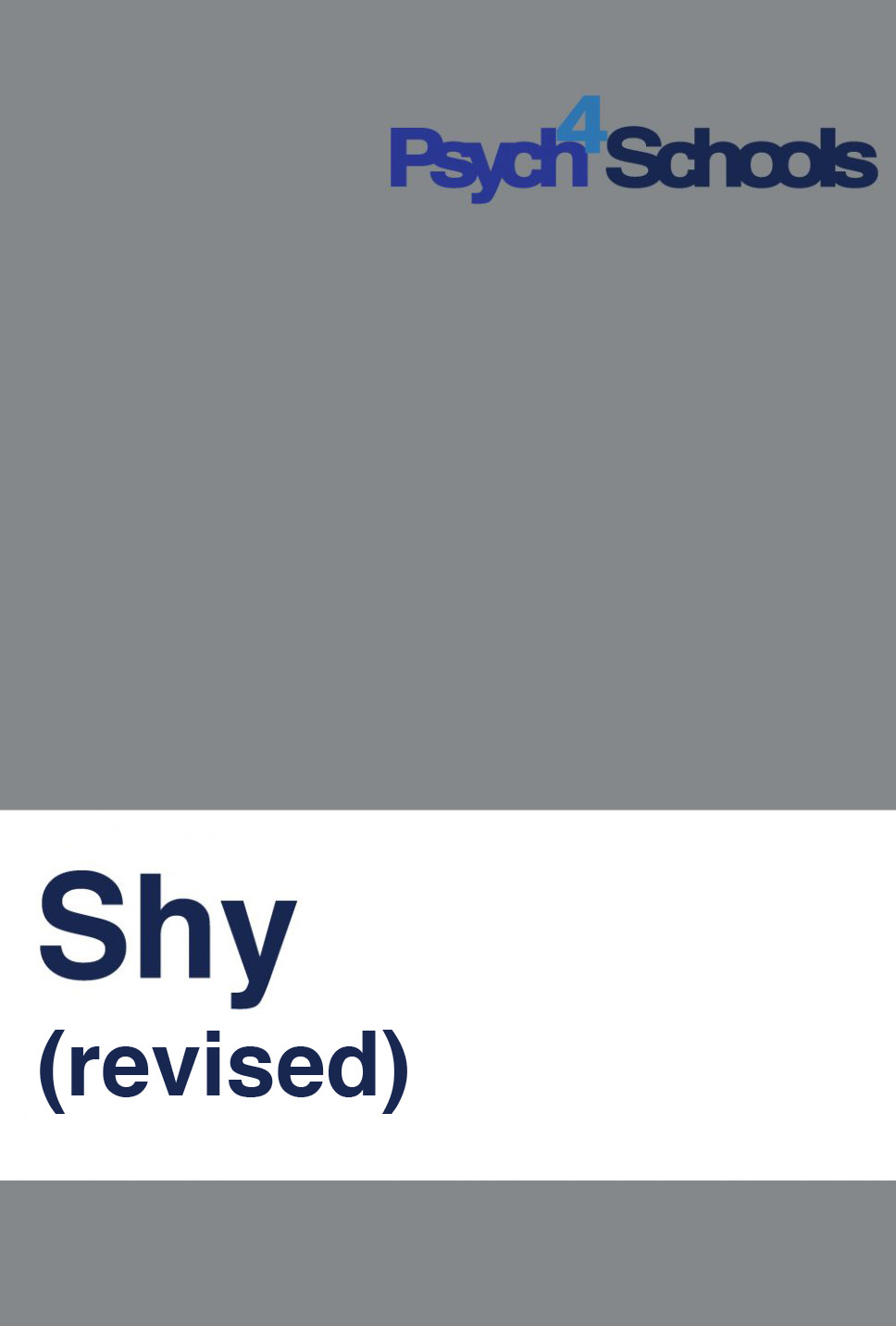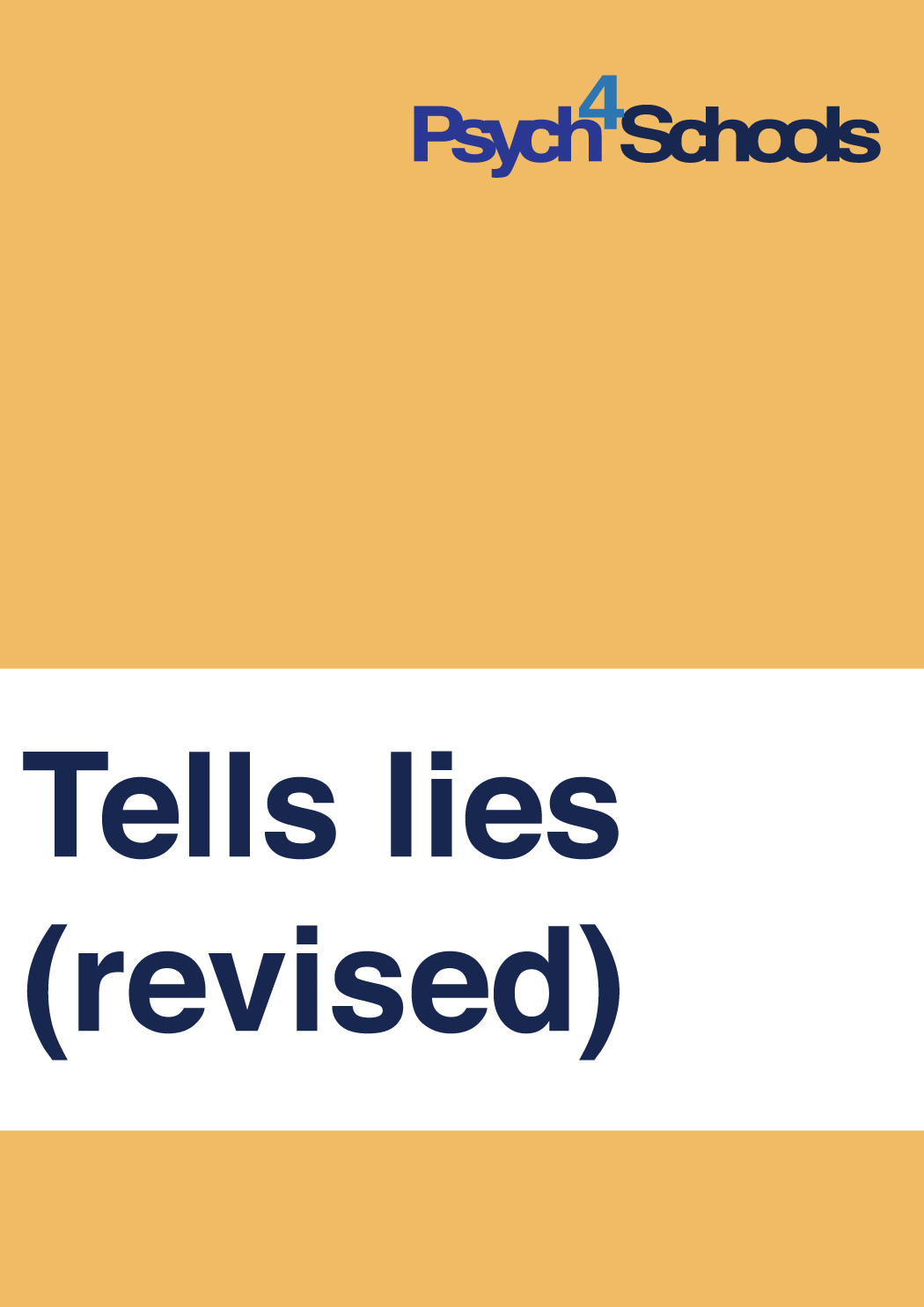Children who call out
The following is an excerpt from the ebooklet Working with children who call out by Murray Evely
Introduction
South Australian classroom research reveals that teachers find low-level disruptive and disengaged student behaviours difficult to manage.[1] It is the relatively minor, frequent, and repetitive nature of the behaviours, rather than the less frequent aggressive and anti-social behaviours, that teachers find most challenging, which lead to stress and burnout [2] and contribute to poor workforce retention.
The OECD Teaching and Learning International Survey (TALIS) revealed about one quarter of Australian teachers’ classroom time was spent on classroom discipline and administrative tasks, rather than on teaching and learning.[3] Low-level disruptive, annoying and disengaged behaviours such as calling out, teasing others, being ‘in the face’ of others, bringing small personal devices from home, showing disrespect, throwing small pieces of paper, not starting work when requested and being intentionally late to class, require calm emotional reactions from teachers and others. It is helpful to build a repertoire of effective verbal and non-verbal responses [4] to reduce such behaviours.
This ebooklet aims to assist teachers, psychologists and other professionals working with children who call out. The ebooklet outlines practical strategies to empower teachers and others to help prevent and reduce calling out behaviours and lessen its impact on teaching and learning.
| Children who call out | Pages 4 – 5 |
| Strategies to support the child who calls out | Page 6 |
| Professional and interpersonal skills | Page 6 |
| Classroom management, rules and expectations | Pages 7 – 10 |
| Teacher/student relationships and learning | Pages 10 – 13 |
| Verbal and non-verbal communication skills | Pages 13 – 15 |
| Determine the likely source of chronic calling out | Pages 15 – 16 |
| What do you do if you find it difficult to like a particular child | Page 17 |
| Resources | Pages 18 – 20 |
Children who call out
Calling out behaviours in the classroom include blurting out answers to questions, talking out of turn, off topic comments, unsolicited suggestions and remarks and making distracting noises. Calling out and talking out of turn are amongst the most prevalent low-level disruptive behaviours encountered by teachers in the classroom.[5] Reducing these behaviours can contribute to a respectful classroom climate, improve lesson flow, support student learning and engagement, and in turn, improve teacher wellbeing.
Calling out in the classroom is common among students who are:
- unsettled
- dysregulated
- impulsive
- lack interest in the topic
- disengaged
- prone to push boundaries or break rules and
- used to yelling, arguing or being hostile or aggressive to get their own way with others, including peers, teachers, parents/carers or siblings
- aggressive, violent and/or conduct disordered.
Other factors that may lead to calling out behaviours include:
- inconsistent expectations and responses by teachers and other school staff
- peer pressure, being set up by peers to ‘fit in’ or be accepted as part of the group
- lessons perceived as easy, boring, or too challenging
- differing or inconsistent parental expectations and responses.
Such behaviours may also be observed amongst some vulnerable children – including those with disrupted or chaotic families, or trauma backgrounds, those with learning disabilities, neuro-developmental disorders, such as autism spectrum disorder (ASD) and or attention deficit hyperactivity disorder (ADHD), those who have unresolved or worrying psychosocial experiences.
When to seek further assistance
At times, any student may unintentionally interrupt or speak out of turn. However, it is a cause for concern when the child’s calling out behaviours interfere with teacher instruction, their own or others school engagement, and/or social interactions. When the child continues to call out for more than a couple of weeks, despite teacher investigations and interventions, it is recommended teachers seek support from parents/carers and/or assistance from senior staff.
Consider whether the child is having difficulty coping with changes or stressors. If you suspect or know the child is having difficulties at home, or school, or if the child is suffering from anxiety, seek parent permission to refer the child to a psychologist or school counsellor. Major stressors or anxiety may impede the child’s ability to concentrate and engage appropriately in the classroom.
If you suspect a child may have a learning difficulty or a behavioural issue, involving a psychologist, with parental permission, may be warranted.
For information on supporting the child who is suspected of having learning disabilities/difficulties, neurodevelopmental disorders, excessive worries, anxiety, or is conduct disordered and violent see the relevant Psych4Schools ebooklets listed in the Resources section of this ebooklet.
Strategies to support the child who calls out
Effective classroom management depends on caring teachers who have sound communication skills with an engaging presence. These teachers will effectively combine professional performance, enthusiasm, and content knowledge and strategies and routines that settle and engage students.
Expertise in managing classroom discussions and question-and-answer sessions further enhances the ability to set and maintain an engaging learning environment.
Professional and interpersonal skills
Successful implementation of strategies is underpinned by the teacher’s professional qualities and the respect earned as a teacher, coordinator, or principal. These attributes are discussed in the ebooklet. The strategies section also provides a wide range of practical strategies teachers and other professionals can use to help prevent and reduce calling out behaviours and lessen its impact on teaching and learning.
ISBN 978-1-921908-53-8 Copyright © Murray Evely 2024
No part of this excerpt may be reproduced or reprinted without permission in writing from the publisher. Click here to read copyright details, a summary of the licence and terms and conditions to use and reproduce our digital materials granted to authorised users.
[1] Sullivan, A.M., Johnson, B., Owens, L., and Conway, R., (2014). Punish Them or Engage Them? Teachers’ views of unproductive student behaviours in the classroom. Australian Journal of Teacher Education, 39(6) Article 4. https://ro.ecu.edu.au/cgi/viewcontent.cgi?article=2356&context=ajte
[2] Ibid
[3] Thomson, S. and Hillman, K., The Teaching and Learning International Survey 2018. Australian Report. Volume 1: Teachers and School Leaders as Lifelong Learners Australian Council for Educational Research (ACER). https://research.acer.edu.au/cgi/viewcontent.cgi?article=1006&context=talis
[4] Rogers, B. (2011) Classroom Behaviour: A Practical Guide to Effective Teaching, Behaviour Management and Colleague Support. Sage, UK.
[5] Sullivan, A.M., Johnson, B., Owens, L., and Conway, R., (2014). Punish Them or Engage Them? Teachers’ views of unproductive student behaviours in the classroom. Australian Journal of Teacher Education, 39(6) Article 4. https://ro.ecu.edu.au/cgi/viewcontent.cgi?article=2356&context=ajte
This article is an excerpt from the ebooklet Working with children who call out.
Download the complete ebooklet for full access to strategies and resources, including:
- Strategies to support the child who calls out
- Professional and interpersonal skills
- Build professional respect
- Know how you present
- Classroom management, rules and expectations
- Cater for diverse student needs
- Teach students how to behave and uphold rules
- Teach students good manners, patience and how to interrupt acceptably
- Teacher/student relationships and learning
- Know how to settle students
- Use conversational skills to engage with students
- Consistently build trust, relationships and interest in learning
- Verbal and non-verbal communication skills
- Build a repertoire of communication skills
- Use a range of inclusive questioning strategies
- Determine the likely source of chronic calling out
- What to do if you find it difficult to like a particular child
- Final thoughts
- Resources





